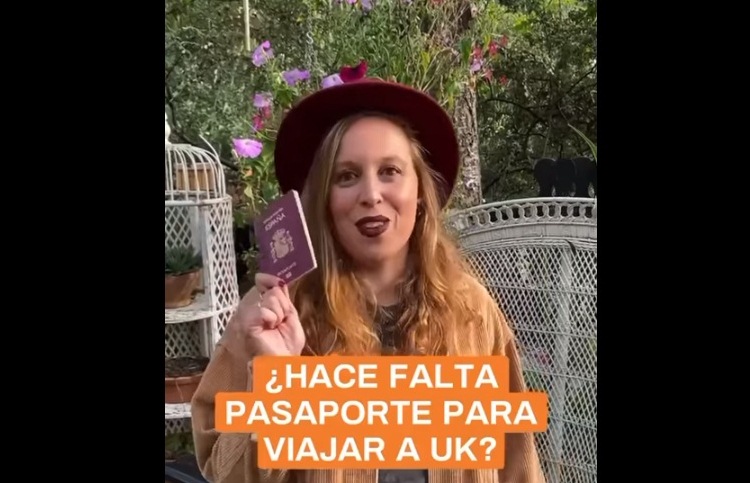The Diplomat
As of today, citizens of the EU (including Spanish citizens), the European Economic Area (EEA) and Switzerland who wish to enter the United Kingdom will have to do so with a passport.
After the end of the “transition period” following the British exit from the EU, consummated on December 31, 2020, the National Identity Card (ID) is no longer valid as a travel document, except for those who have been granted residence in the UK under the EU Settlement Scheme launched by the British Government.
Under this program, EU citizens resident in the UK since before December 31, 2020 – when Brexit became effective – will be able to continue to enter the country with both passport and National Identity Card. More than 350,000 Spaniards have so far registered as residents in the UK since the British government launched the program.
According to the Home Office, these people will be able to continue using DNI as a travel document until December 31, 2025, “at least”. European citizens who have a frontier worker permit will also be able to travel with ID card.
The Spanish Ministry of Foreign Affairs renewed this week its travel recommendations to the United Kingdom to remind the entry into force of the passport requirement from October 1. For its part, the UK Embassy in Madrid has launched an information campaign through social networks to explain the new requirements for entry into the country.
“We want to make sure that Spaniards can continue to travel comfortably to my country, and that is why it is important that they are aware of this change and take action if they need to,” said British Ambassador Hugh Elliott. “More than two million Spaniards visited the UK in 2019 and, like Spain, we are keen for tourism to be able to return, provided the regulations to deal with COVID allow it,” he added in a statement, released in early September.
According to the Embassy, the passport requirement will bring EU countries in line with other countries around the world in terms of requirements for entry into the UK, as well as ensuring a higher level of security, as identity documents “are more vulnerable to forgery.”







